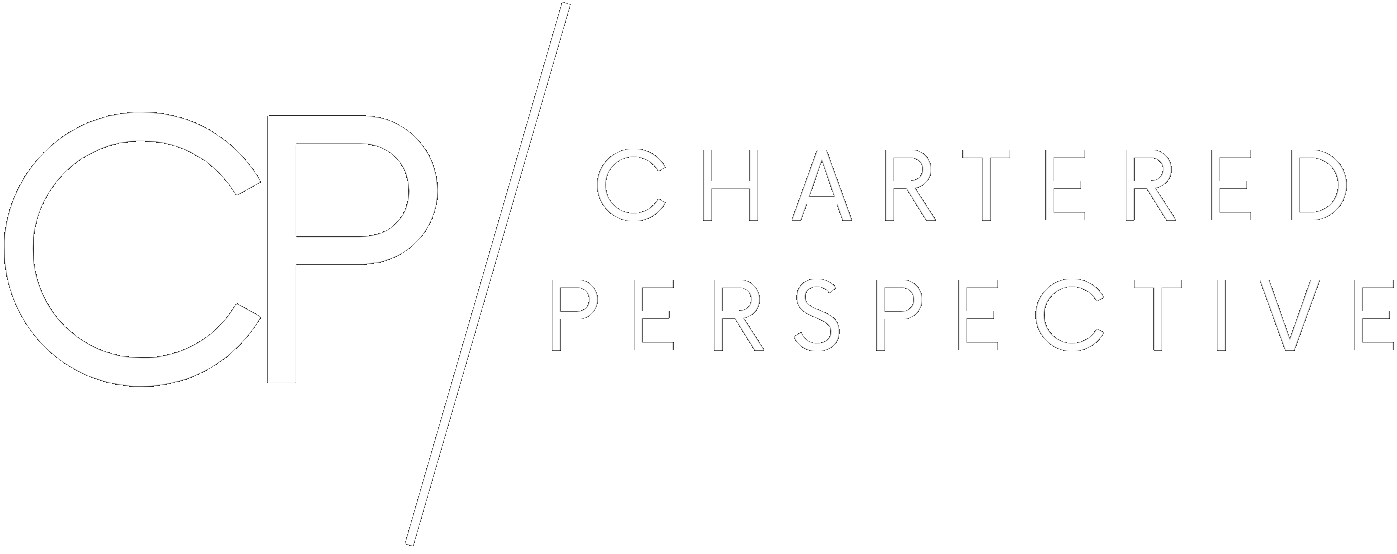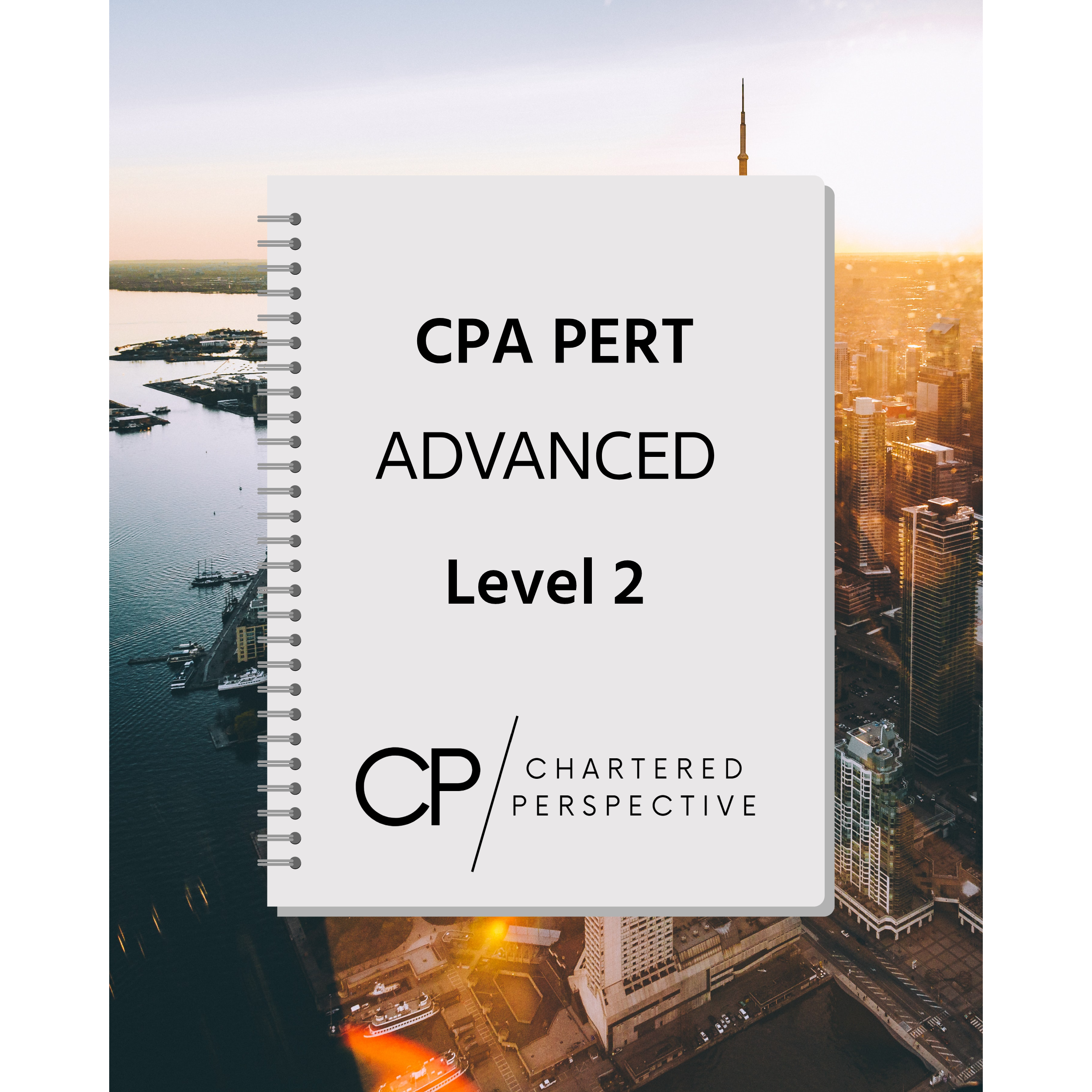Easiest PERT Level 2s for Technical Competencies (CPA Canada – Experience Verification Route)
CPA Canada Candidates reporting under EVR (Experience Verification Route) must report a minimum of 30 months of qualifying experience through the Practical Experience Reporting Tool (PERT) in order to obtain the Canadian CPA designation. Within this process, candidates must achieve certain competencies at certain proficiency levels. This article focuses on achieving Level 2 proficiency for technical competencies.
Generally speaking, the perceived ease or difficulty of PERT Level 2s can vary depending on an individual's background, experience, and familiarity with the subject matter. It's important to choose Level 2 tasks that align with your strengths and areas of expertise to increase your chances of success. As someone who has recently completed the CPA designation via EVR, I share my thoughts, opinions, and 2-step approach below.
1. Relevant Work Experience
Simply put, the more relevant your work experience is and the more experience you have, the easier it will be to achieve a Level 2 in a specific technical competency. A CPA candidate working in tax will have a much easier time achieving a high proficiency level in taxation sub-competencies than someone in audit, for example. Further, for Level 2 proficiency, the CPA body has openly stated that candidates should have several repetitions or cycles in the tasks that they are doing. For example, a candidate reporting under Management Accounting – Planning, Budgeting, and Forecasting, should show multiple budgeting/planning/forecasting cycles. This will be most easily obtained by someone who has strong relevant work experience. Lastly, keep in mind that while the PERT reviewers will ultimately base their assessment on your report, they do take into account your title/position, years of experience, and past reports and progression a candidate has shown in a technical competency area. Therefore candidates should keep it simple and report in the areas where they have the most experience, even if they don’t believe their experience is interesting or particularly strong. The intangibles described earlier may provide a slight “boost” to your report.
For this reason, I recommend that new CPA candidates begin their PERT journey by mapping out their CPA competency pathway. Before writing your first Practical Experience Report, map out how you plan to achieve the required core, depth, and breadth, competencies. The last thing a candidate should do is spend time pursuing a proficiency or competency which isn’t needed in order to obtain the designation. If it isn’t needed, it isn’t a value-added activity, and your time would be better spent elsewhere. There are no bonus points for extra competencies, and two Level 1s do not add up to a Level 2.
A template for planning your CPA Canada competencies/PERT journey is provided for free in the Chartered Perspective store. Feel free to check it out from the links provided:
2. Where is the Competition?
If you’ve read through #1 above and feel like you have too much experience and no particular reporting competency stands out versus another, you should consider where your competition is likely reporting. Reading through the competency areas it’s clear that some are likely to garner a lot of reports whereas others are not. For example, Management Accounting – Planning, Budgeting, and Forecasting is sure to be a popular choice for many candidates as lots of tasks can be argued to fall into this category. On the other hand, Strategy & Governance – Enterprise Risk Management is a far more specific sub-area that the majority of candidates will simply have little to no overlap with. Candidates should report where they feel they have a competitive advantage. If I happen to have relevant experience for both of these categories, and my experience is fairly equal in strength, I am going to report in the S&G competency because there are likely far fewer people reporting in this competency and therefore there will be fewer candidates with extremely strong reports that I have to compete against. In my personal experience I had a much more difficult time achieving Level 2s in Management Accounting competencies versus Strategy & Governance (where I managed to obtain a Level 2 in my very first report for a competency). In my opinion, this may have been due to the relevant quantity and strength of candidates reporting in each area.
My PERT Journey
I personally faced many challenges when going through the EVR and PERT process with CPA Ontario, however, I was able to eventually meet the requirements and obtain the designation in ~40 months of experience and with a handful of job changes along the way. My personal experience with PERT and details on how I obtained my core, breadth, and depth competencies, is described in this blog post: EVR – My Experience.
Help With PERT Report Writing
Chartered Perspective is pleased to offer several guides to help CPA candidates with their EVR and PERT journey. Three guides are available for download ranging from Basic, Advanced, to Premium, depending on where you are in your CPA journey. Further information is available in the Chartered Perspective Store as linked below:







PERT Basic is the perfect guide to help you get started with the CPA Practical Experience Reporting Tool (PERT). This PDF guide includes a brief overview of the CPA Experience Verification Route reporting process as well as example answers with commentary and explanations for both Technical and Enabling competencies at levels 0 and 1.
This guide is well suited for a new CPA Candidate getting started with experience reporting, particularly those reporting under the Experience Verification Route (EVR).